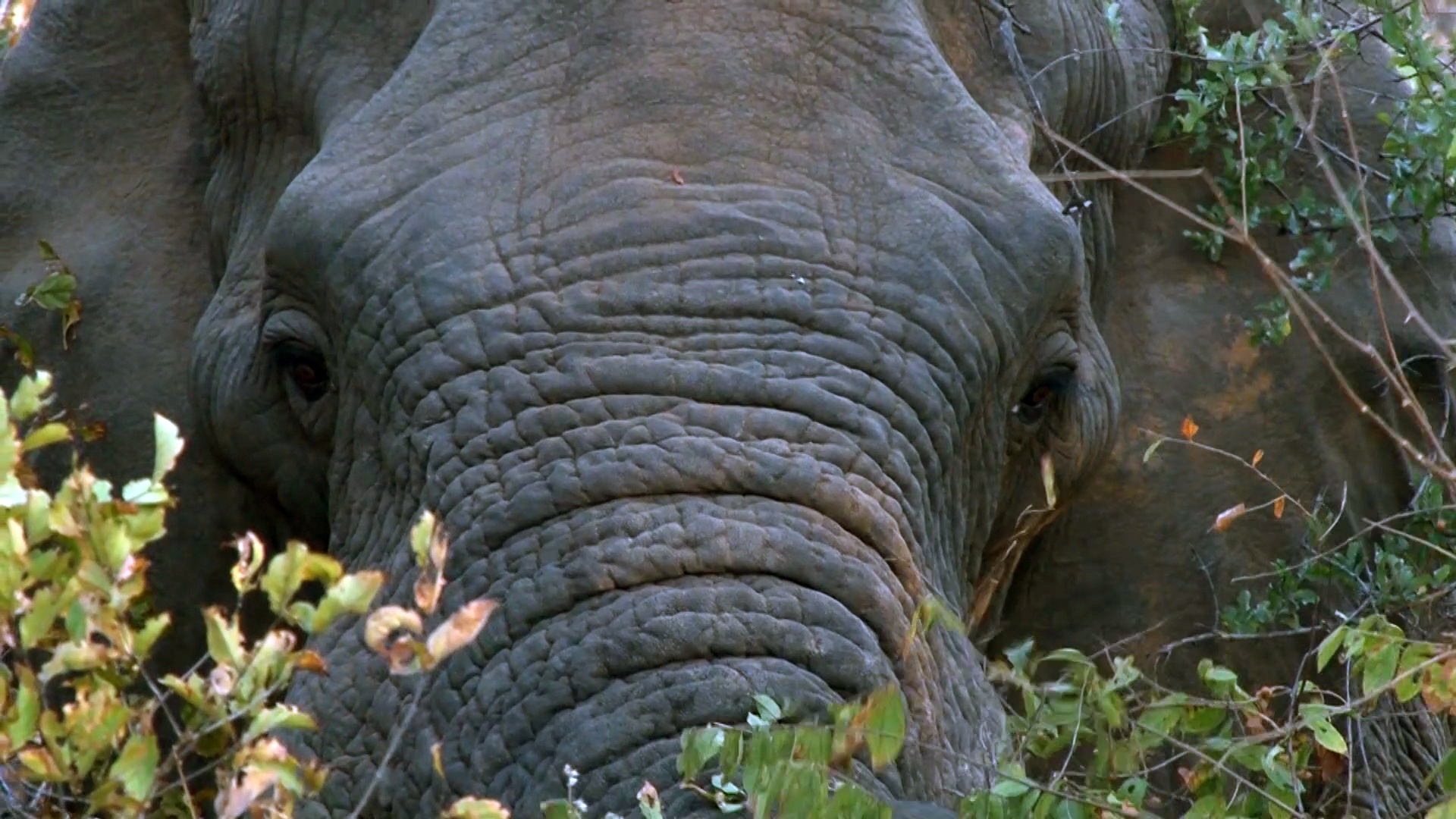The U.S. Department of the Interior recently reported that the Biden-Harris Administration had initiated the “America the Beautiful” project. https://www.doi.gov/pressreleases/biden-harris-administration-outlines-america-beautiful-initiative
The report waxes lyrical about how a locally led and voluntary nationwide conservation goal aims to conserve 30 % of U.S. lands and waters by 2030.
These restoration efforts across public, private, and Tribal lands and waters will create jobs, strengthen the economy’s foundation, tackle the climate and nature crises, and address inequitable access to the outdoors.
It is a commitment to support farmers, ranchers, and fishers; and honoring Tribal sovereignty and private property rights.
Six priority areas have been identified for the administration’s early focus, investments, and collaboration:
- Creating more parks and safe outdoor opportunities in nature-deprived communities.
- Supporting Tribally led conservation and restoration priorities.
- Expanding collaborative conservation of fish and wildlife habitats and corridors.
- Increasing access for outdoor recreation.
- Incentivizing and rewarding the voluntary conservation efforts of fishers, ranchers, farmers, and forest owners.
- Creating jobs by investing in restoration and resilience projects and initiatives, including the Civilian Climate Corps.
In the same week, the U.S. Fish and Wildlife Service announced a proposal for the largest expansion in recent history of hunting and sport fishing opportunities for game species across 2.1 million acres at 90 national wildlife refuges and on the lands of one national fish hatchery.
Promoting hunting and fishing? Very cool!
2.1 million acres. Impressive!
Why doesn’t Africa follow such a wonderful example?
How about African countries committing to conserve 30% of their lands and waters and allow the sustainable use of the natural resources?
Oh wait, they do! And they allow non-citizens to enjoy them.
Consider these African countries where sustainable-use safari hunting is promoted.
Zambia’s Protected Areas cover over 77,000 square miles or 30% of the country’s total landmass in the form of 19 National Parks and 36 Game Management Areas.
Namibia currently has over 50% of its land under formally recognized wildlife management, including its entire coastline. The country has more wildlife than at any time in the past 150 years, and the national wildlife herd stands at around 3 million animals.
Private game ranches and wildlife conservancies in South Africa cover 50 million acres, an area more than five times the size of the country’s national park system.
Zimbabwe has 25 100 square miles dedicated to safari hunting, outside of formally protected areas.
A total of 94 700 sq. miles of Botswana (over 37%) is dedicated to wildlife conservation, with 17% of the country being designated as protected national parks and game reserves.
Mozambique has over 31 750 square miles of hunting wilderness.
Over 40% of Tanzania is under some form of wildlife management. There are 140 hunting concessions covering 96 500 square miles.
These African countries are, evidently, committed to conserving wildlife and habitat.
But it seems that the Western world is intent on dissing these conservation successes and efforts at every possible opportunity.
Listed below is some of the current proposed trophy import ban legislations.
Canada – Jane Goodall Act: Introduced by a Canadian Senator in November 2020, the Act would ban the import of elephant hunting trophies into Canada.
Switzerland – CITES Species Ban: In March 2021, Switzerland’s National Council approved a motion calling for a ban on the import and transit of trophies of animals listed in CITES Appendices I through III.
United Kingdom – Trophy Import Bans: The Department of Environment, Food & Rural Affairs is considering several options that would ban the import of all or select trophies into the U.K.
A report by lion researcher Dr Peter Lindsey et al. in 2006 estimated the total area of sub-Saharan Africa devoted to safari hunting as at least 540 550 square miles. By contrast, England’s total land area is 50 200 square miles.
United States – CECIL Act – Introduced in past years and likely to be reintroduced in the U.S. House of Representatives this year, the Act would ban import into the U.S. of elephant and lion trophies from Tanzania, Zambia, and Zimbabwe.
It would also require that species proposed for listing under the U.S. Endangered Species Act be treated as if they are listed (i.e., would require permits).
And it would require rulemaking with public notice and comment for all trophy imports of ESA-listed species, making it significantly more difficult to import listed or proposed-to-be-listed species.
- Connecticut – Senate Bill 925: Introduced in February 2021, the bill would ban import and possession of elephant, lion, leopard, rhino, and giraffe parts or products. The bill passed out of Committee in March 2021, making it one step closer to passing the State legislature.
- Illinois – House Bill 395: Introduced in January 2021, this bill would prohibit the import of 18 different species, including cheetah, elephant, giraffe, hippo, leopard, lion, and rhino.
- The bill passed out of Committee in March 2021, and it was placed on the Short Debate calendar, meaning legislators only have 5 minutes of debate to discuss its merits.
- The leadership of the State House sponsors this bill, increasing the likelihood it will pass through the legislature with support.
- California – Iconic African Species Protection Act did not pass last year, but the same sponsor has introduced legislation to address live animal imports and wildlife trafficking. The bill may be amended to add trophy ban language.
Was any African country consulted before the Biden-Harris Administration announced the “America the Beautiful” project?
If the Western world can dictate African wildlife policy surely Africans should, you know?
Hypocrisy writ large, no?


